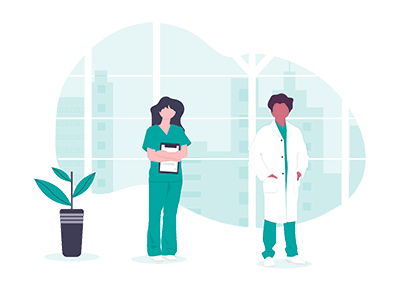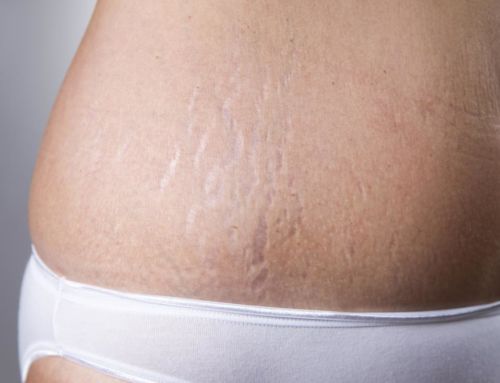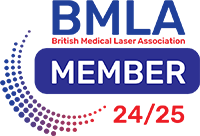Male hypogonadism is the formal medical term for the male body’s inability to produce adequate quantities of testosterone.
As testosterone is a hormone that plays a crucial role in the growth, development and maintenance of a healthy male body, testosterone deficiency can have a significant impact on the lives of those affected.
What Causes Low Testosterone in Men?
Some people are born with male hypogonadism, though most cases develop later during adulthood. Infection and injury are the two most common causes of male hypogonadism when the condition manifests later in life.
There are two primary classifications of hypogonadism as follows:
- This refers to cases of hypogonadism attributed to the inability of the testicles to produce testosterone.
- Other cases where testosterone deficiency is traced to issues with the hypothalamus or the pituitary gland are classified as secondary hypogonadism.
In rare instances, it is possible for a patient to present with both primary and secondary hypogonadism at the same time.
What Are the Symptoms of Low Testosterone?
The symptoms of low testosterone differ significantly from one patient to the next, though the earliest signs of issues with testosterone production are:
- Decreased sex drive
- Decreased energy
- Depression
If the condition is overlooked or ignored, it may worsen with time and eventually lead to such symptoms as:
- Erectile dysfunction
- Infertility
- Decrease in hair growth on the face and body
- Decrease in muscle mass
- Development of breast tissue
- Loss of bone mass
The physical and psychological impact can be severe, which is why consulting with a doctor upon experiencing even the mildest of symptoms is important. If you have any questions or concerns, ensure they are addressed at the earliest possible juncture.
How Can I Get Checked for Low Testosterone?
Early detection holds the key to its successful treatment. Testing for testosterone deficiency involves organising a blood test which will usually be performed before 10am when testosterone levels are typically at their highest.
If the result of the blood test indicates a potential pituitary or testicular abnormality, additional tests and studies may be recommended, such as:
- Hormone testing
- Semen analysis
- Pituitary imaging
- Genetic studies
- Testicular biopsy
Depending on the results of the initial test and any subsequent studies carried out, your doctor may recommend one of several courses of treatment to bring the issue under control.
Eve Clinics offer a specialist service for men who suffer with low testosterone and can assist you to both diagnose the issue and recommend appopriate treatments.
What Treatments Are Available for Low Testosterone?
The vast majority of cases are treated with simple testosterone replacement products, which supplement the body with the testosterone it cannot produce naturally.
Testosterone replacement products are available in a wide variety of forms, including pills, gels, skin patches, nasal sprays and implantable pellets. Some patients may also be referred for testosterone injections, typically providing the highest dosage of all testosterone supplements available.
If you are concerned that you may be suffering with low testosterone, why not get in touch with us today. We have the UK’s leading clinicians on hand to provide medical assistance and a team of qualified aestheticians who provide treatments which help you to feel at you

Talk to us today!
Get in contact with our friendly and professional team to discuss your symtoms with us.





